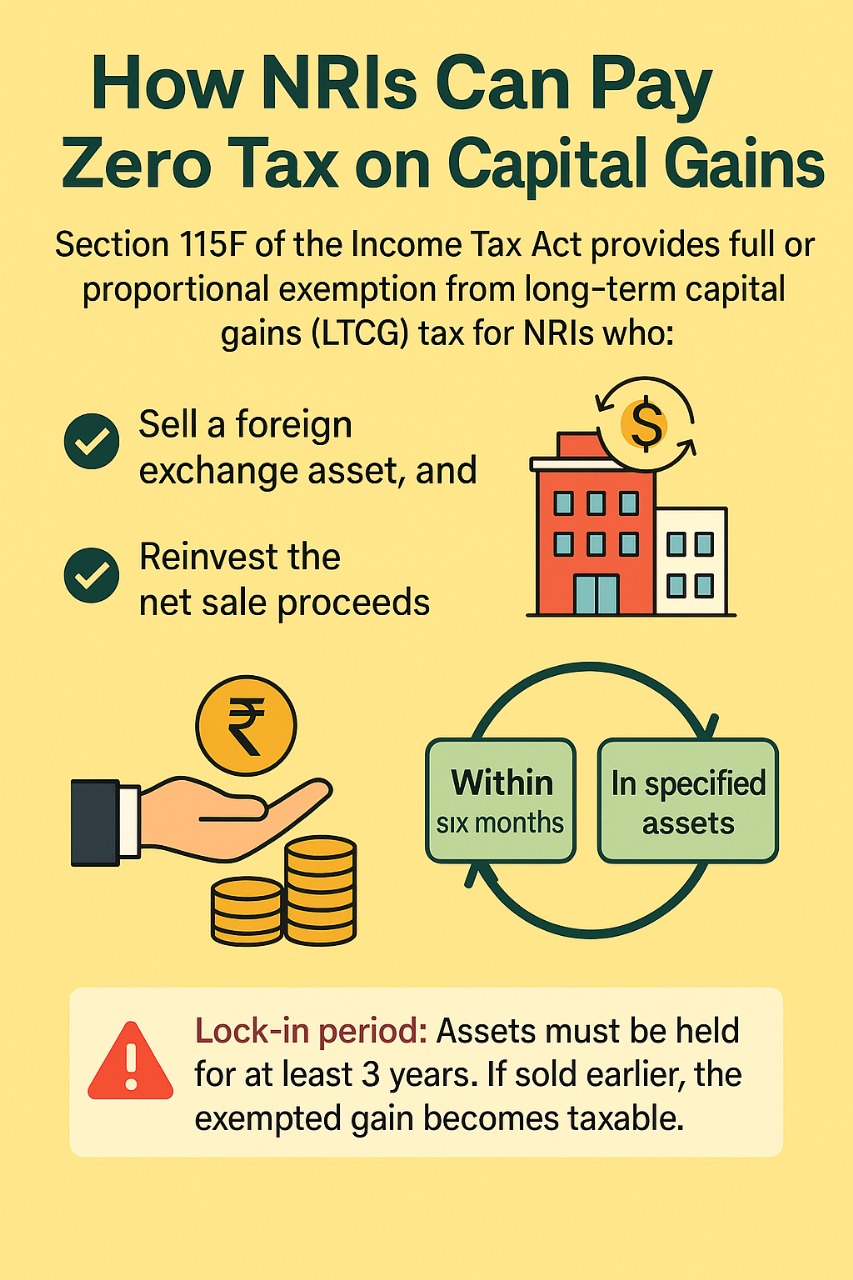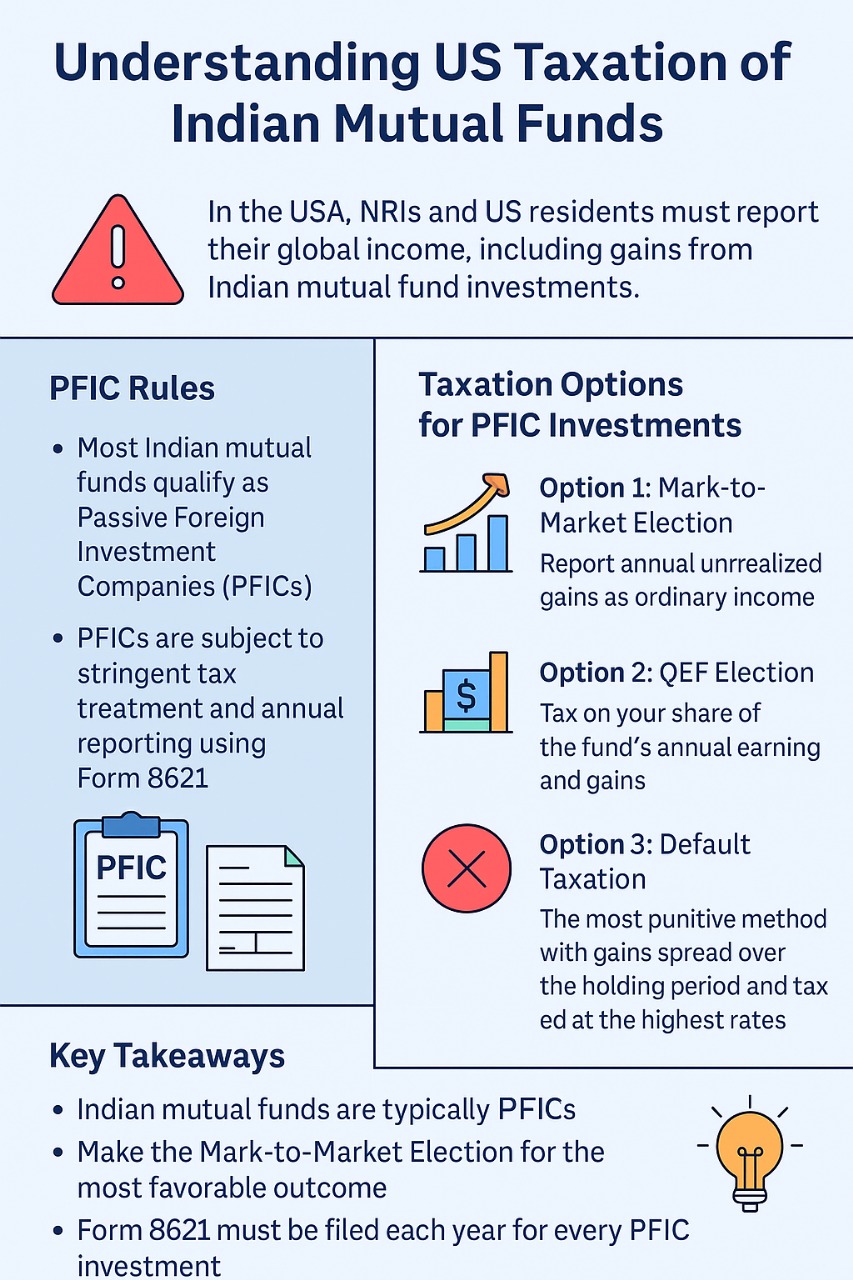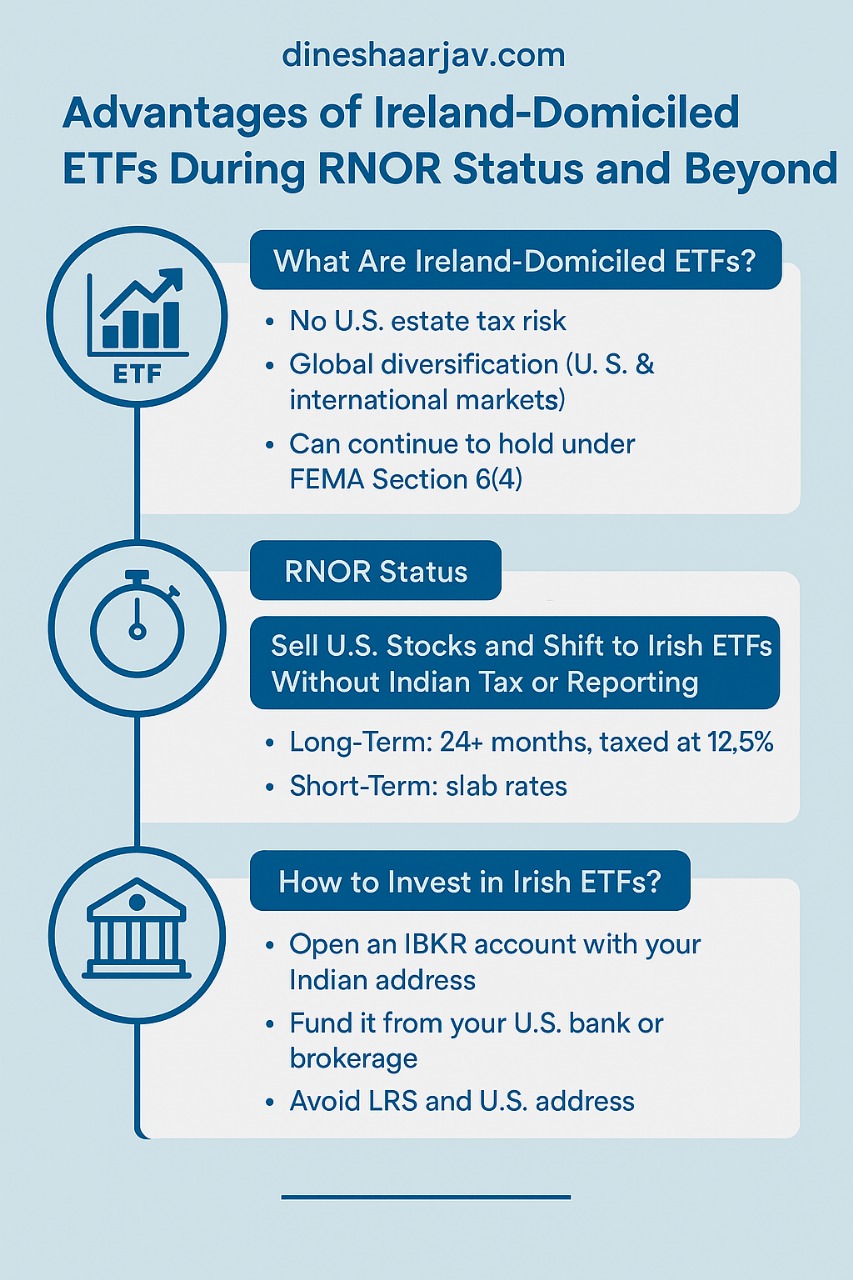 WhatsApp
WhatsApp
 Call Us
Call Us
 Email Us
Email Us
 Whatsapp Community
Whatsapp Community

Navigating financial matters as a Non-Resident Indian (NRI) can be complex, especially regarding Public Provident Fund (PPF) accounts and savings accounts.
When discussing financial options like PPF and savings accounts for NRIs, understanding NRI taxation policies is crucial. These regulations impact the overall returns and benefits associated with such accounts. To help you understand your obligations and options, here’s a comprehensive guide featuring frequently asked questions.
When you become an NRI, your PPF account can continue until it matures, which is a minimum of 15 years. However, you cannot extend the account beyond its maturity period. This means that if your account is nearing maturity, you can withdraw the proceeds without any tax implications.
Yes, the maturity proceeds from your PPF account can be remitted abroad. Since the PPF maturity amount is tax-free in India, you will not face any direct taxation on it. However, you must adhere to remittance guidelines, including documentation to confirm any taxes due have been paid. Ensure you consult your bank for the necessary forms.
Absolutely. Upon becoming an NRI, you must convert your resident savings account to a Non-Resident Ordinary (NRO) account. This conversion is essential for compliance with FEMA regulations. You can maintain the account jointly with a resident, allowing you to manage funds effectively.
Yes, interest earned in an NRO account is subject to taxation. The bank will deduct Tax Deducted at Source (TDS) at a rate of 40%. Even if the interest is below the taxable limit, you are still liable for tax on this income. It’s crucial to keep track of your earnings to ensure compliance.
Filing an ITR is optional for NRIs unless you wish to claim a refund of TDS deducted. If your total taxable income, including NRO interest, is below ₹2.5 lakh, you are not required to file. However, if you do want to reclaim any TDS, filing an ITR becomes necessary.
When remitting funds from your PPF or NRO account, you will need to provide specific documentation. Typically, this includes an undertaking confirming your intention to remit funds and a certificate from a chartered accountant certifying that all taxes due have been settled. Your bank can provide guidance on the exact formats required.
As an NRI, you can continue to maintain your PPF account until maturity, but additional contributions are not allowed once you have become a non-resident. It's important to check the maturity date and plan your withdrawals accordingly.
NRIs can remit up to $1 million per financial year from their NRO accounts for various purposes, including investments and personal expenses. It’s crucial to follow the necessary regulations and provide required documentation when making such remittances.
Understanding the implications of being an NRI on your PPF and savings accounts is vital for effective financial management. By following these guidelines and being aware of your obligations, you can ensure compliance while optimizing your financial strategy. For more detailed insights and resources tailored for NRIs, explore our website further!







Stay in the loop, subscribe to our newsletter and unlock a world of exclusive updates, insights, and offers delivered straight to your inbox.